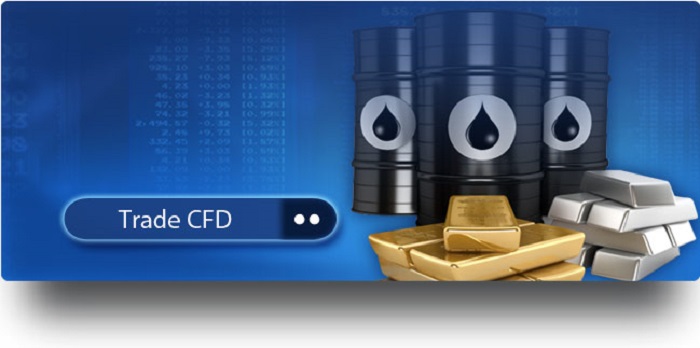Why trade CFDs?
Published : 12 Jul 2017, 14:44
Updated : 12 Jul 2017, 15:03
Put simply, Contracts for Difference (known as CFDs) trading allow you to speculate on future price movements of the underlying assets such as indices, shares, currencies and commodities without actually owning the underlying asset. Introduced in 1990s, mainly to avoid paying UK stamp duty, first they were known only in United Kingdom, but soon they were presented to larger audience across Europe and beyond. Now CFDs are very popular in many countries all over the globe and they successfully compete with traditional and well known futures contracts.
Why CFDs became so popular amongst many traders in the world?
WE will try to answer that question.
Variety is certainly one of the reasons of CFDs popularity.
Ability to trade on diverse assets gives traders many options and opens few ways on their trading path. Amongst commodities and treasuries available via CFDs you can find platinum, gold, silver, copper, also crude oil, coal, cotton, rice, wheat, soy, oats, coffee, cocoa and more.
Access to global markets is undeniably very important factor. Via online trading platforms such as CMC Markets innovative platform Next Generation, you can access the markets all over the world.
CFDs allow short or long selling, for any duration. With CFDs investors can sell first when the price is high and buy the asset back when the price drops. Going short mean opening a ‘sell’ position, while going long equals ‘buy’ position.
CFDs are traded on leverage - which means that expenses necessary to open a contract will be only a fraction of the real market value. Many investors see leverage as a powerful tool that gives them lots of possibilities to multiply their capital. But before entering the market, every trader must be aware of potential risks of using leverage. The bigger leverage, the bigger chance to make fantastic profit, but on the other hand - chances of suffering serious financial losses increase as well. That is why CFDs are not for everyone, but for those, who can accept some financial risk level.
No expiry date is another advantage of CFDs. This means that you can keep them running for as long as you choose.
CFDs often have quite reasonable, low entry costs. That makes them attractive for beginners and for traders who do not have a large capital.
You do not have to pay stamp duty when trading CFDs.
CFDs are a flexible way of trading - you can trade as little or as often as you want.
As you can see, CFDs provide an excellent alternative for some types of trades, but each investor must weigh the risks and benefits of it.


